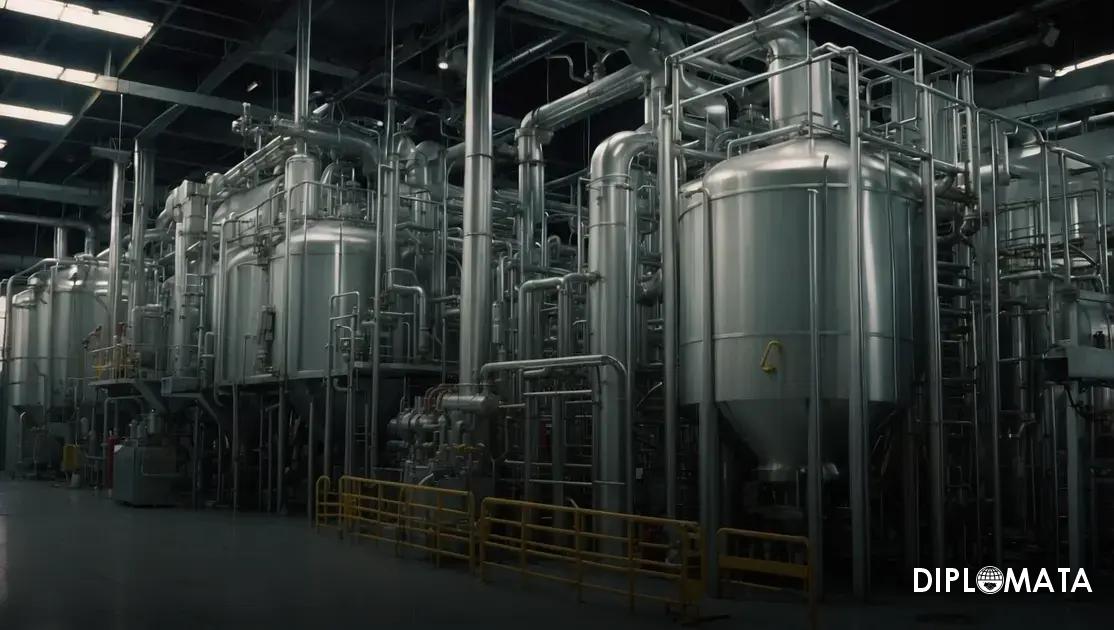Understanding Amine Industry Certifications
Amine industry certifications are essential credentials that ensure the quality and safety of amine products, which are widely used in various industrial applications, including agriculture, pharmaceuticals, and petrochemicals. These certifications validate that suppliers meet stringent industry standards and regulatory requirements, promoting trust and reliability in the marketplace.
Importance of Quality Standards
Quality standards in the amine industry are crucial as they govern the production processes, raw material sourcing, and finished product testing. Certifications such as ISO 9001 and ISO 14001 demonstrate a commitment to quality management and environmental responsibility, assuring customers that the products they receive are manufactured under strict controls and protocols.
Key Certifications in the Amine Sector
Several key certifications are relevant to the amine industry, including the American Chemical Society (ACS) certification and the Responsible Care® certification by the American Chemistry Council. These certifications indicate adherence to best practices in chemical manufacturing, safety, and environmental stewardship, enhancing the credibility of suppliers in the amine market.
Regulatory Compliance and Certifications
Regulatory compliance is paramount in the amine industry, as non-compliance can lead to severe penalties and reputational damage. Certifications from regulatory bodies such as the Environmental Protection Agency (EPA) and the Occupational Safety and Health Administration (OSHA) are vital. They help ensure that companies adhere to safety and environmental regulations, thereby safeguarding public health and the environment.
Supplier Certifications and Market Access
For suppliers of amines, possessing relevant certifications can significantly enhance market access. Clients, especially in regulated industries, often require proof of certification before engaging with suppliers. This requirement helps establish a supplier’s credibility and commitment to product quality, making it a competitive advantage in the market.
Impact of Certifications on Exporting Amines
Certifications play a critical role in the exporting of amines, particularly when targeting markets like the United States. U.S. importers often look for suppliers with recognized certifications to ensure that products meet local quality and safety standards. This aspect is especially important for high-purity amines, such as monoethanolamine, diethanolamine, and triethanolamine, which are subjected to rigorous scrutiny before entering the market.
Customer Assurance through Certifications
Customer assurance is enhanced through certifications, as they provide buyers with confidence in the quality and safety of the products they purchase. This assurance is particularly vital in industries where product integrity is paramount, such as in pharmaceuticals and agrochemicals, where impurities can lead to significant safety concerns.
Continuous Improvement and Certifications
Many certifications require a commitment to continuous improvement, which fosters innovation and operational excellence within organizations. By adhering to these standards, companies in the amine industry can optimize their processes, reduce waste, and improve their overall environmental footprint, thereby enhancing their market positioning.
Future Trends in Amine Industry Certifications
The amine industry is evolving, with increasing emphasis on sustainability and environmental impact. Future trends may see the emergence of new certifications focusing on sustainable practices and lower carbon footprints. Companies that proactively seek these certifications will likely lead the market by aligning with global sustainability goals and consumer preferences.


